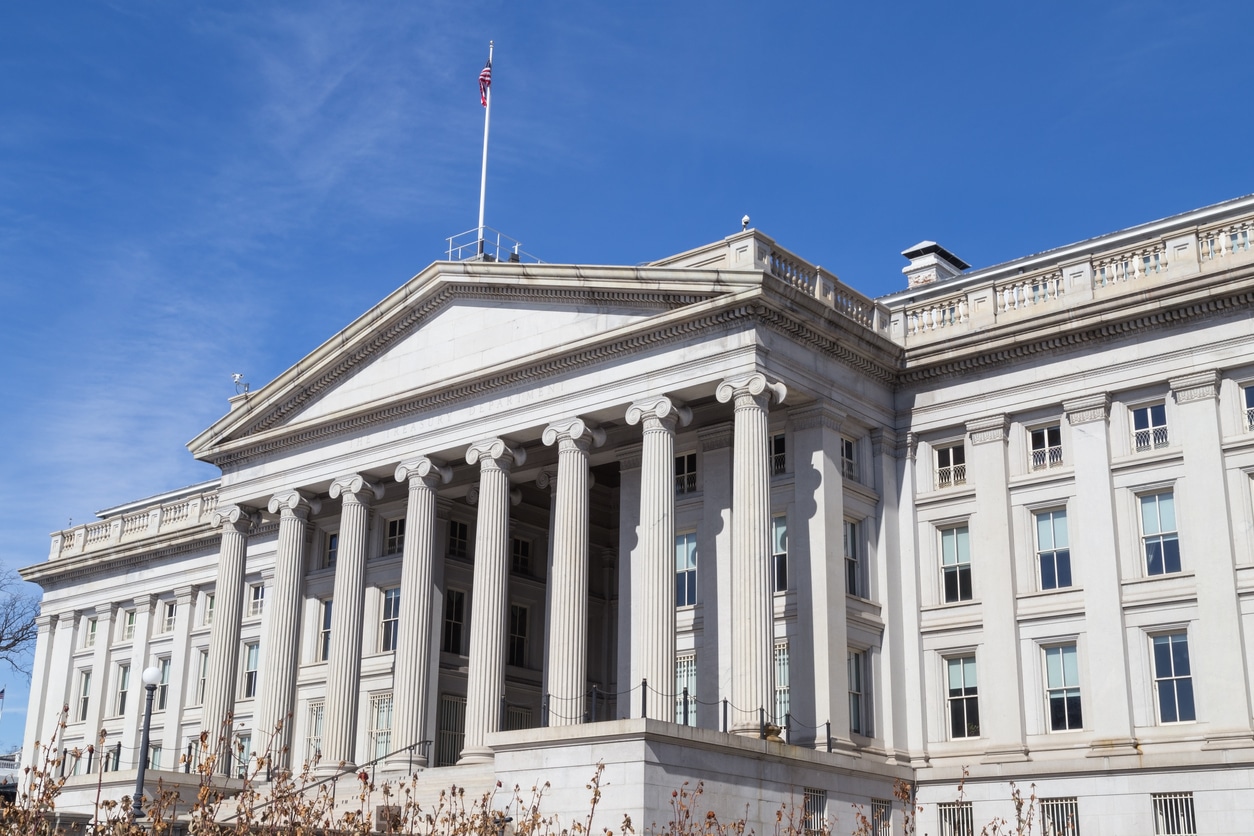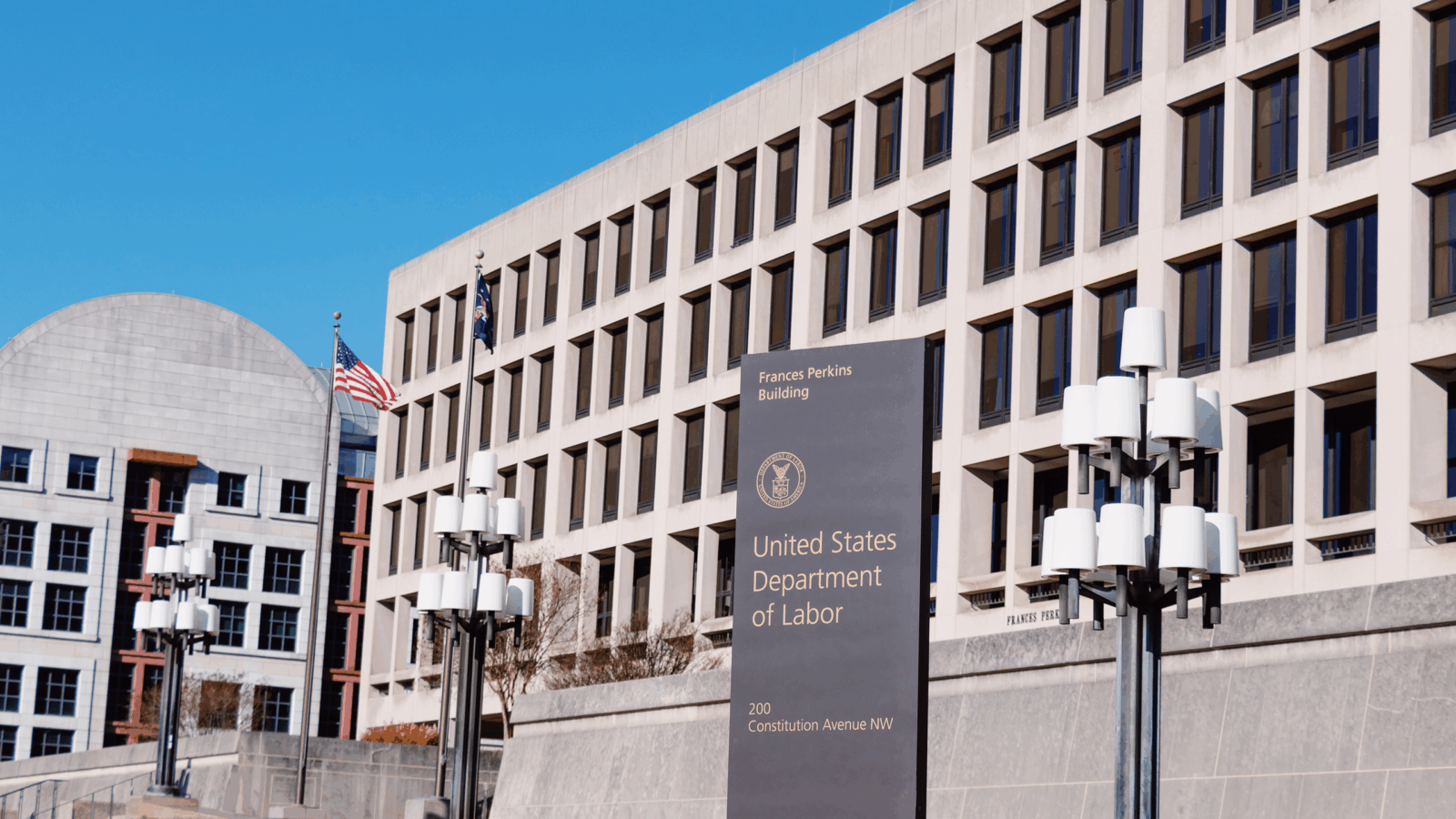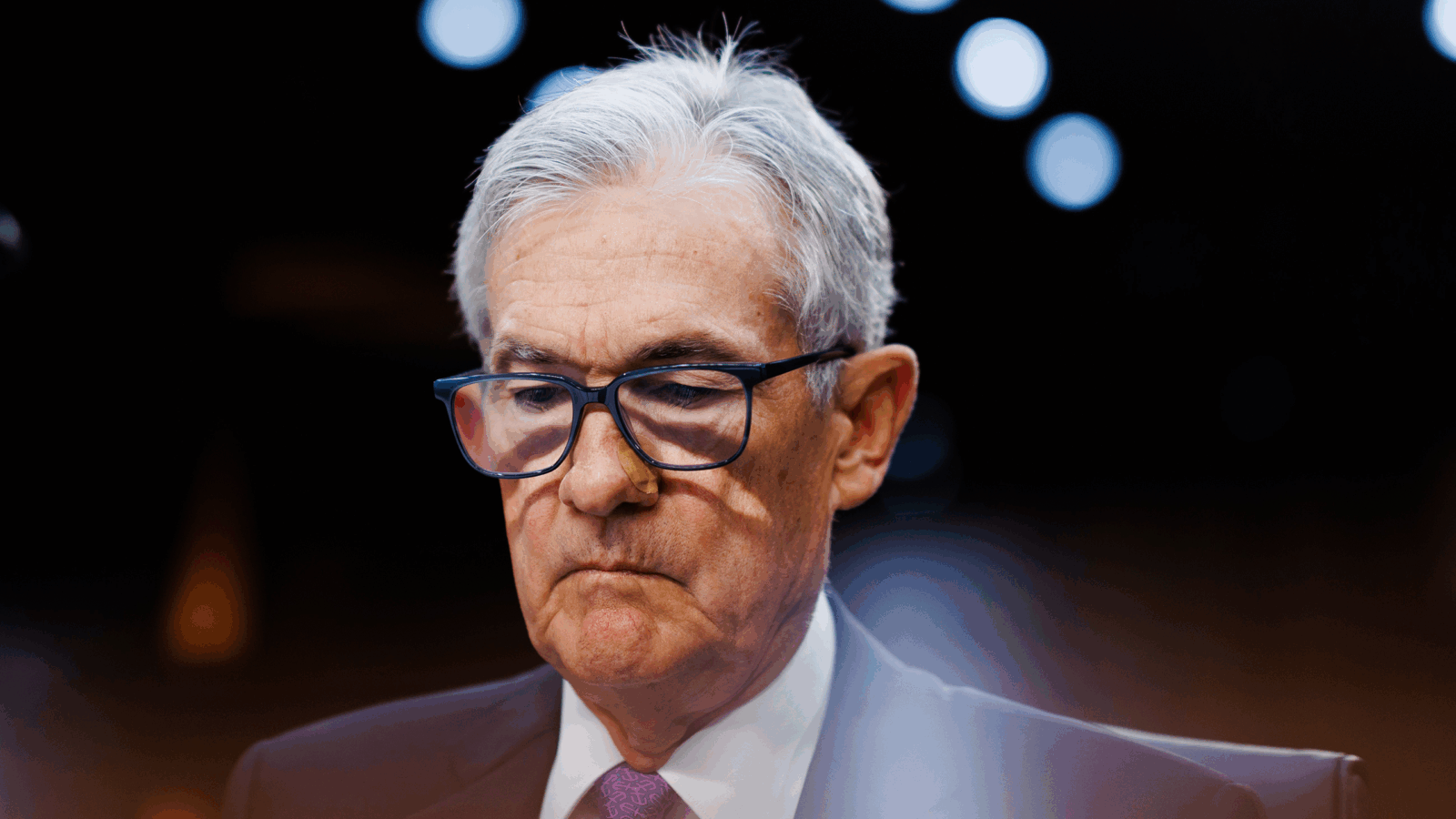
Sign up for smart news, insights, and analysis on the biggest financial stories of the day.
The party will soon be over. On Tuesday, investors came to terms with the fact that the days of record-low interest rates are coming to an end.
And that was just one part of a wild day on global markets. US stock sell-offs accelerated. Consumer confidence hit an unexpected wall. Oh, and then the US treasury secretary said the world’s most powerful economy is about to run out of cash.
Yield the World
Government bond yields were the biggest reason markets stumbled yesterday. When they go up, it signals that markets anticipate interest-rate hikes, which make borrowing more expensive. The yield on the 10-year US Treasury note rose 0.05% to 1.539%, the highest it’s been since June.
The Federal Reserve already said last week that half its board expects interest rates to rise in 2022 and, on Monday, the Bank of England said hikes in the UK were also likely. Both central banks have hinted they’re set to start winding down major stimulus programs, too.
The potential double whammy of higher borrowing costs and less stimulus has investors sweating:
- The S&P 500 fell 2% Tuesday, the biggest one-day tumble since May. The technology-focused Nasdaq fell 2.8%.
- Europe’s Stoxx 600 index fell 1.9% — while tech stocks on the index fell 4.4%.
The Dreaded S Word: News also dropped Tuesday that the US Consumer Confidence Index fell to a seven-month low of 109.3, suggesting people are wary of spending. That added to fears of coming “stagflation” — a dreaded economic scenario where inflation is high (it already is) and growth slows down.
Hooked on a Ceiling: And if all that wasn’t enough, Treasury Secretary Janet Yellen warned Tuesday that the government will run out of money on October 18 if Congress doesn’t increase the federal debt limit. Historically, that’s been a bipartisan thing (it’s been done 100 times since WWII), but Republicans are so far playing hardball. No sweat, though — Yellen has only said that a US default would produce “a widespread economic catastrophe.”











